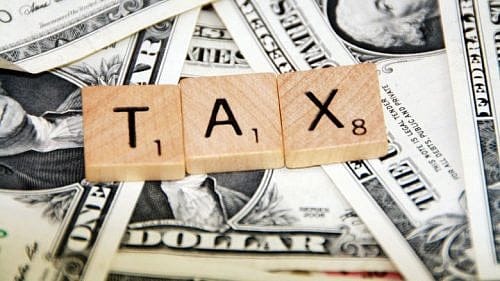New Report: Regulations, tax rates hurt economic competitiveness

A new 400-page report by the World Economic Forum reveals the current state of economic competitiveness for almost 140 countries around the world and offers analysis on the trends that will determine the economic landscape of the future.
The report measures countries across three "subindexes," each measured by a collection of "pillars" that seek to understand how countries perform across a variety of variables. The pillars cover everything from the state of infrastructure and primary education, variables that measure a country's basic requirements to attracting and training quality workers, to technological readiness and innovation, variables that describe how a country will drive efficiency and new developments in the future.

